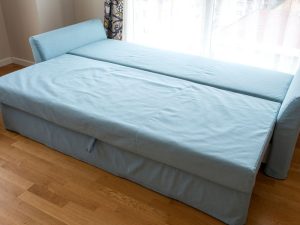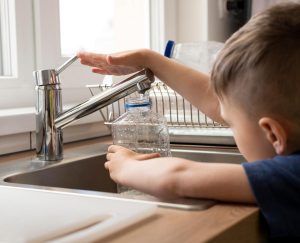Last Updated on January 9, 2025 by teamobn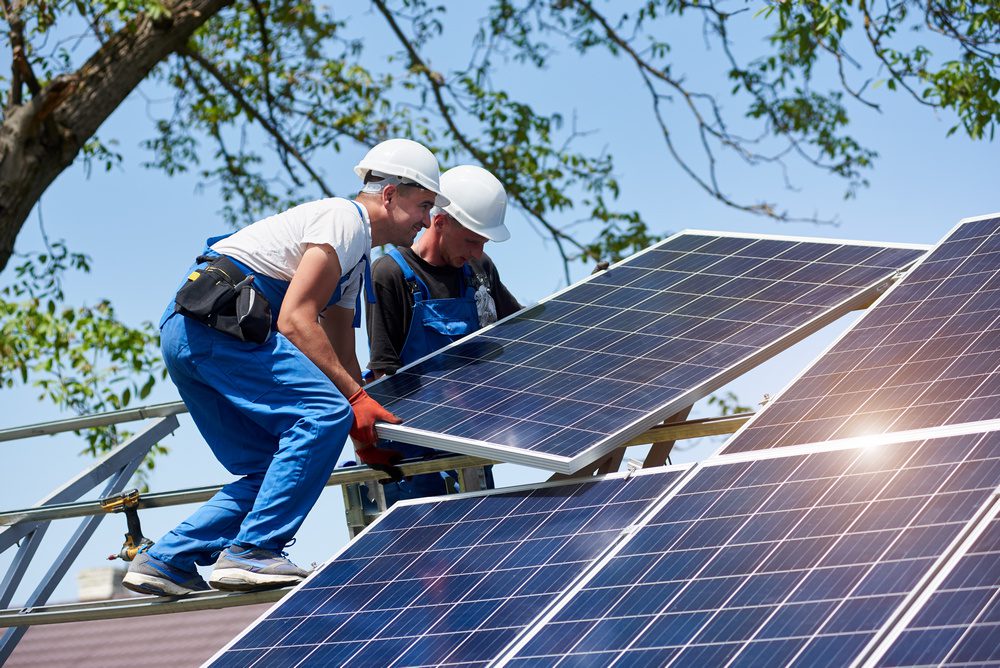
Before installing a solar panel system in your home, you need to consider several factors. It is no different from any home improvement activity. Even more so, this needs accurate cost/benefit calculation because it is a significant investment you intend to make in your home. You need to research the features, benefits, and costs a system offers before committing.
It is possible to buy a package for self-installation both online and from brick-and-mortar retailers. But do you have the expertise to understand the real functionality and, most importantly, the efficiency of different systems and brands?
To avoid the uncertainty (and even misinformation) that can come from going to a store to get assistance, consider consulting a solar system expert. They will give you informed guidance on which type, costs, and factors to consider before buying and installing one. But if you’re on a tight budget and feel the DIY path is the best solution, here are some handy hints to help you make the best decision for your solar panel system purchase.
To make your decision less time-consuming, consider these factors before installing your solar panel system. Read on to know them.
Contents
1. The Inverter
A solar panel generates direct current electricity from the sun, which is later converted into particles of energy called photons used for electrical power loads. An inverter at this point is the one used to convert the direct current electricity into alternating current (AC) that can be consumed in your home.
There are two types of inverters; a microinverter and a string inverter. A microinverter is placed on the back of the solar; it pairs each panel with individual inverters. On the other hand, string inverters link solar panels with ‘strings,’ as its name implies.
You can check this full post to learn more about inverters before scheduling their installment. Even if you’re on a hectic budget, consider this one of the essential systems you shouldn’t miss when purchasing solar panels.
2. Cost
Even though solar panels can save you money from electricity bills, the device itself and its installation can cost fortunes. So, you need to research all the costs required for it. Bear in mind most solar installation companies have the option to lease these days instead of straining your bank account for one.
One of the benefits of having a solar panel is it is environmentally friendly. It doesn’t produce any greenhouse gases, reducing the carbon footprint in your home. And in the long run, you’ll find solar panels cheaper because of their long-term electric bill savings.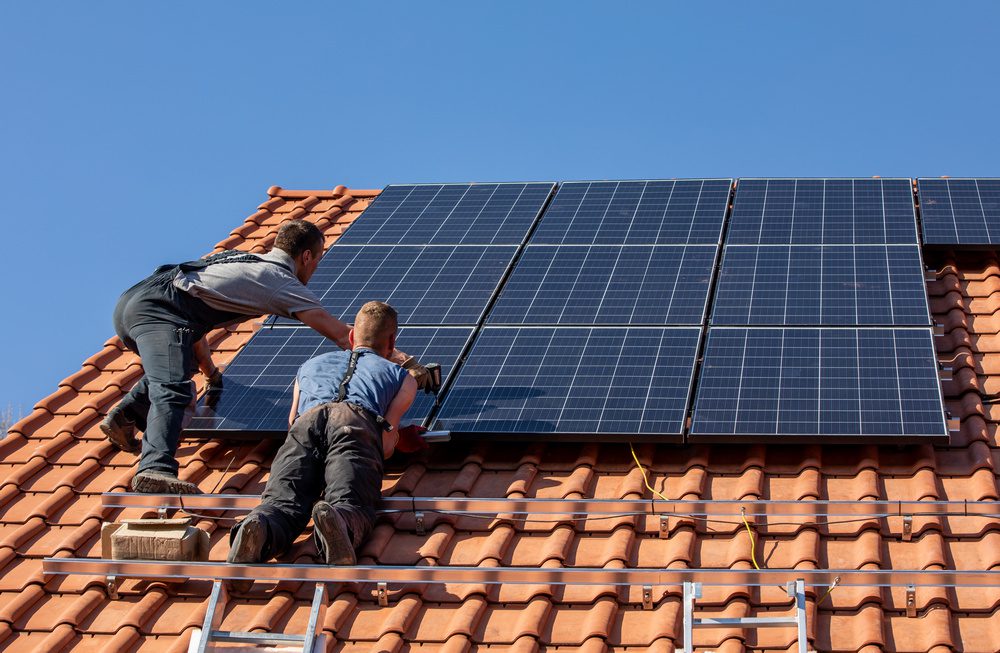
3. Direction And Placement
Since solar panels generate electricity directly from the sun, you must consider the sun’s direction before placement. Theoretically, panels that face north (in the southern hemisphere) and vice versa receive direct sunlight during the day, generating the most electricity for your home. Though you can set your solar panel to the east and west, it may only give you minimum sunlight.
Solar panel placements depend on energy usage in your home, so the less energy you use, the more advantageous for you regardless of the sunlight direction. Solar installation facilities usually ensure fewer or no obstructions towards the direction of the panels before they install.
4. Module Angle
It’s crucial to consider the module angle of your solar panels. When not considered, the installation may cost more than the benefits the solar panel can give you. So, ensure that the positioning of your solar panel is steep enough to get its best performance and allow water flow during the rainy season to avoid damage.
5. Shading
Solar panels should be exposed to sunlight most of the time, if not all the time, to generate enough electricity in your home. Before installing a solar panel, you should consider the possibility of shade reaching the mounted solar on your roof since it can jeopardize the solar panel’s output.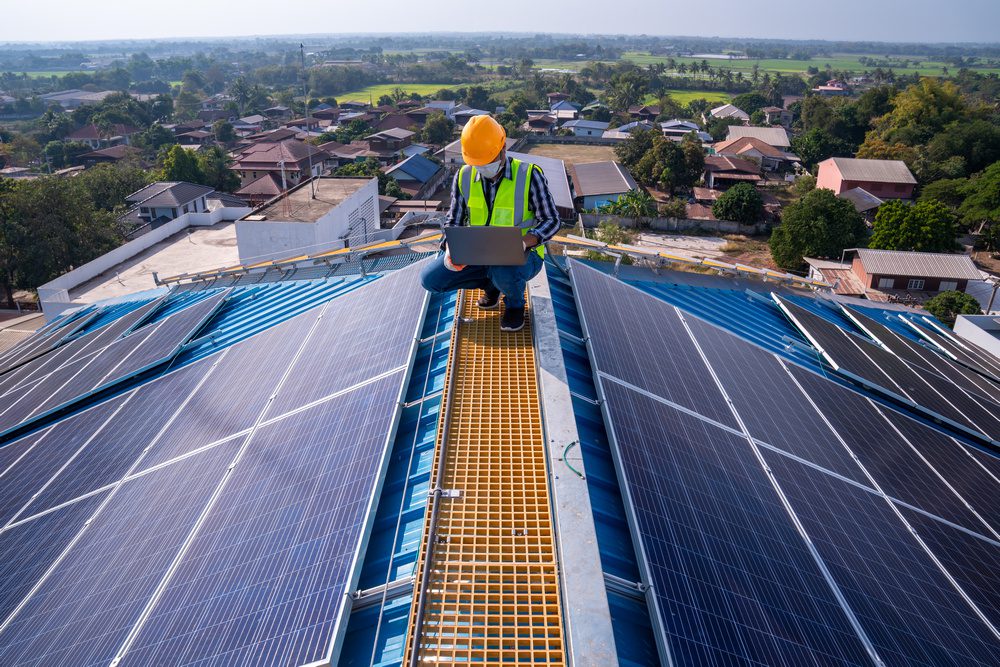
6. Its Mounting Frame
Consider choosing a durable mounting frame before placing a solar panel on your roof. Think of the mechanics that will help hold and stabilize the solar onto your roof for the longest time. Professionals should properly mount solar panels so they may withstand stormy weather during winter.
Most people tend to overlook this part. However, you must be keen on who installs your solar panel since the durability and effectiveness of your solar panels depend on this. There are a variety of mounting frame companies. Choose one that has an extended warranty, wind-approved features, and can handle extreme cold, heat, rain, and corrosion for it to last longer.
7. Durability
All home improvement facilities have a lifespan, including solar panels. They have an expiry date during which they stop performing well. When buying a system, it’s best to check its lifespan to know its duration. Contacting solar companies and asking them about this will help you choose the best power panel for your home, considering there are different types of solar panels on the market.
8. The Installing Company
Picking out the best company to install your solar panel can be challenging because you’ll need to look for a company that provides quality services with equipment that has a warranty. You may also need to find one that offers an installment lease. It’s essential to pick the best company for the job. A reference or a review from previous clients can be helpful.
There are different types of solar panels, along with the sizes and capacities of the equipment. Some companies provide solar panels with small power that may not be effective for your home appliances, so you need to be keen when choosing.
Consider a reliable company that can advise which type of solar panel should be installed and if the property meets its standard. Look for an honest company that is not after your money but the quality of services they offer and the loyalty of their clients.
9. The Length Of The Project
The usage of electricity in your home will determine the length of the panel installation. The more energy required, the more equipment you need to mount on the roof. Hence the longer duration for installation to be completed.
Less energy used in your house will shorten the installation period. Shorter installation days reduce the cost of labor operation because workers will not have a lot of complicated equipment to mount.
Conclusion
The rate at which people install solar panels is growing because of its many benefits. Plus, it’s suitable for many homes and businesses, has a positive environmental impact, and reduces energy bills. Nonetheless, you will need to consider the factors above to maximize its potential.





